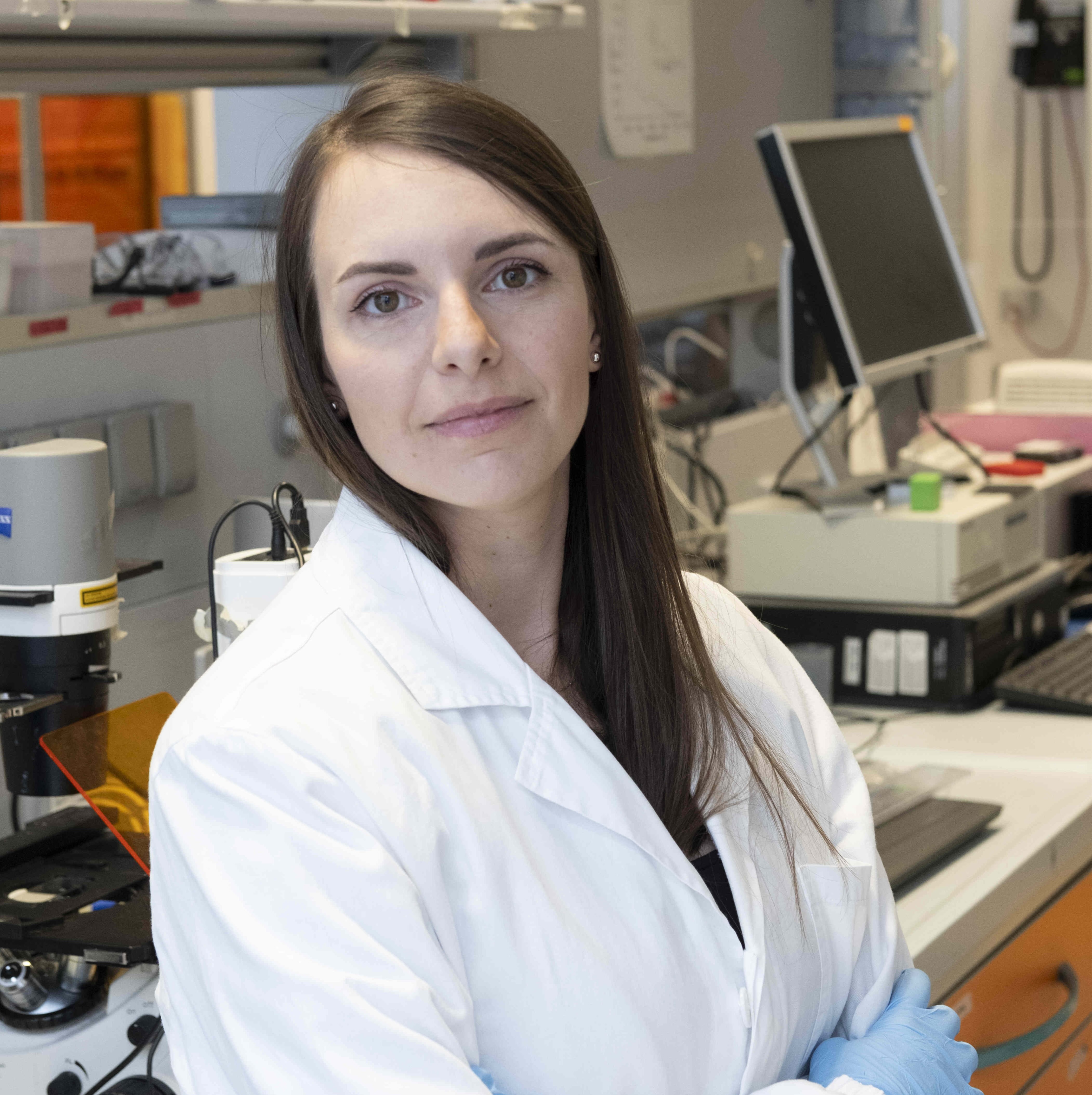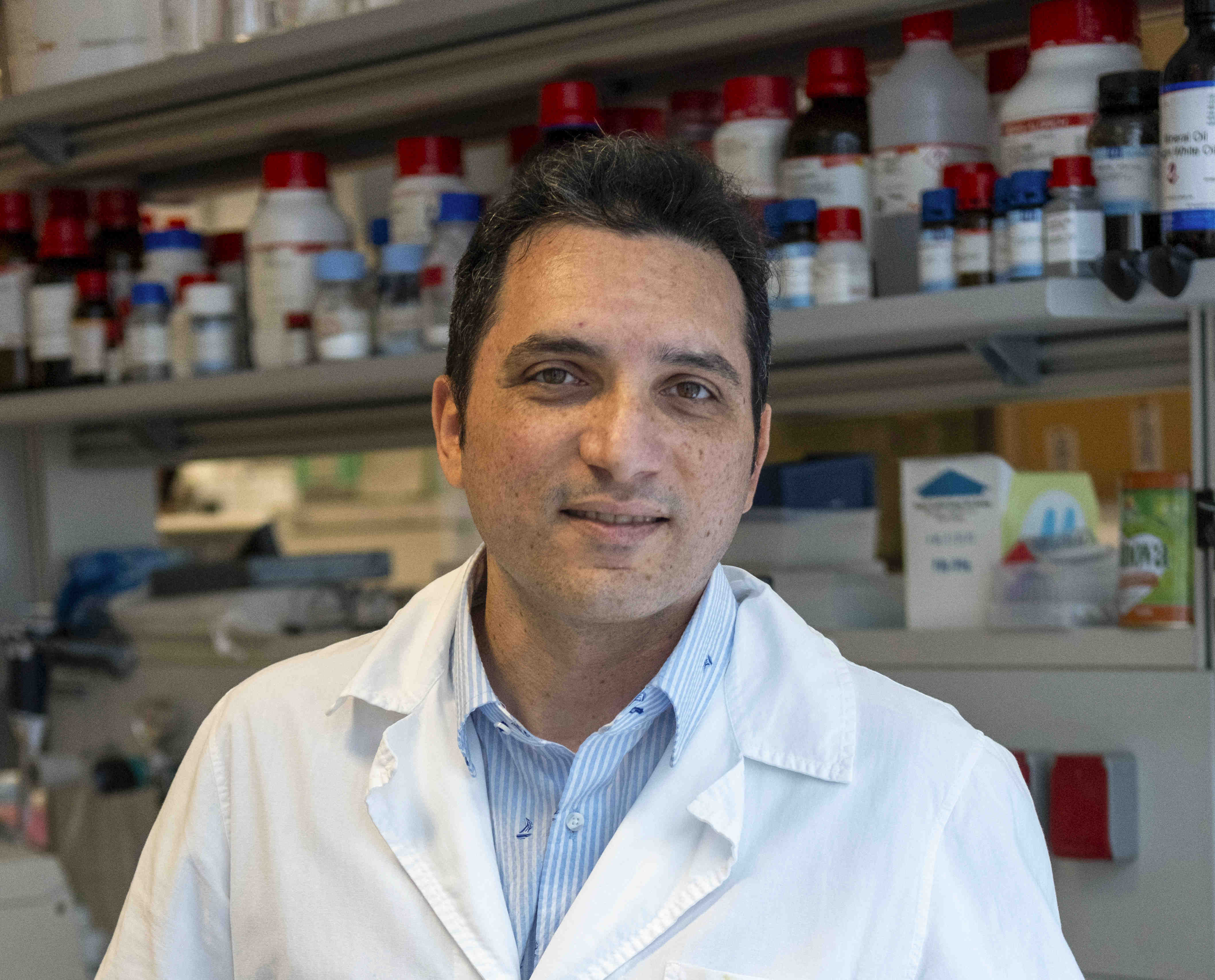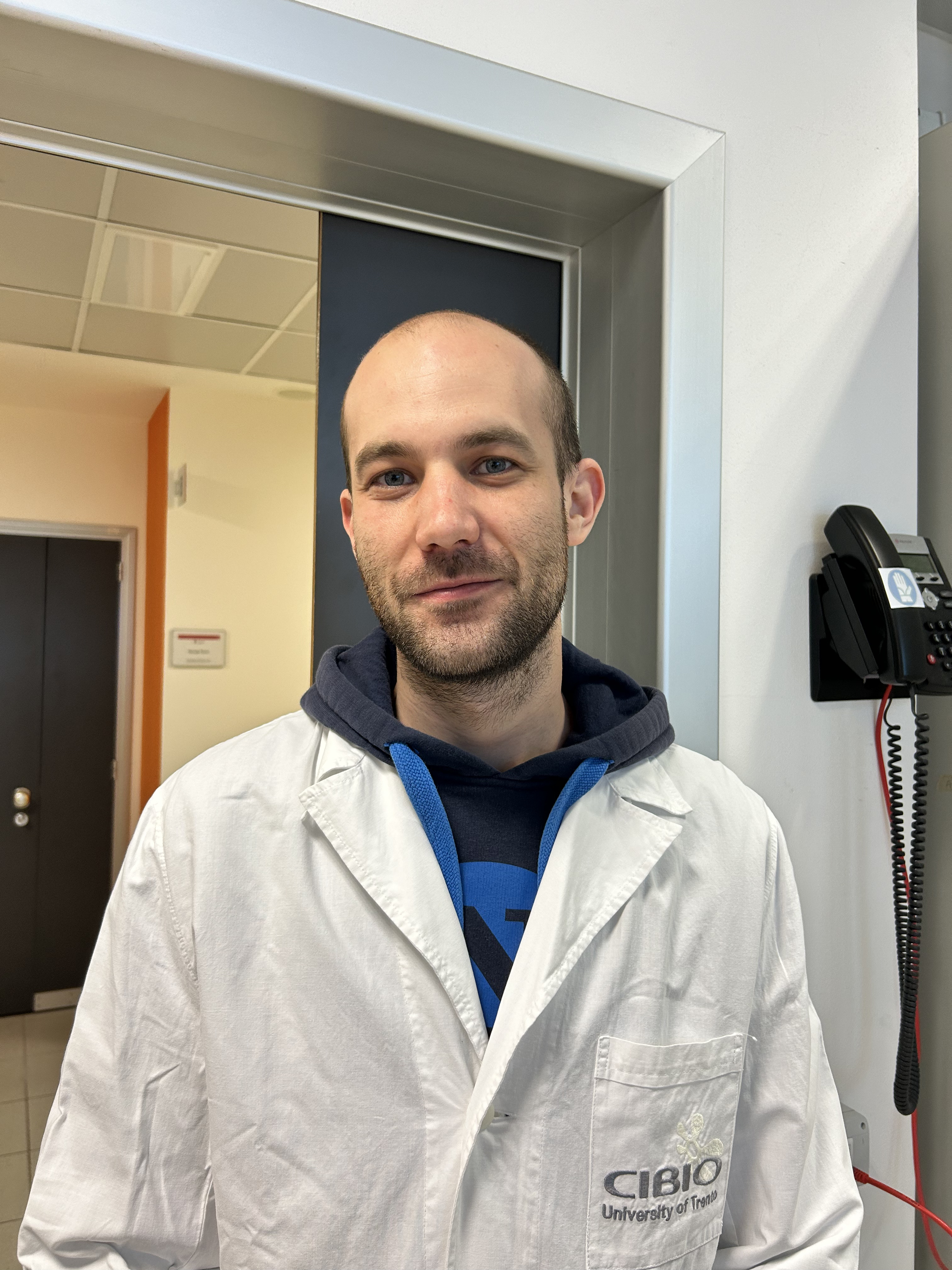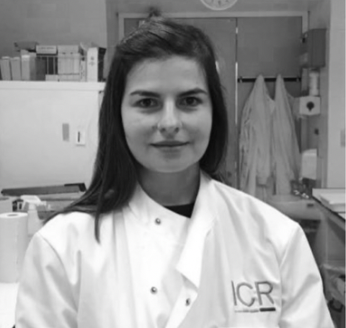Università degli studi di Trento
The Laboratory for Artificial Biology was established by Martin Hanczyc in 2014 as part of the Centre for Integrative Biology (CIBIO) at the University of Trento. Our research seeks to integrate various functional aspects of artificial life, synthetic life, and natural life. We have expertise in interfacial dynamics, modeling of complex chemistry, optimization strategies, robot-chemistry interfaces, fundamentals of intelligent materials, synthetic biology, and new bio-inspired materials for architecture and engineering
Team

Martin Hanczyc, Project Coordinator
Martin Hanczyc is an Associate Professor in the Department of Cellular, Computational and Integrative Biology at the University of Trento, Italy and a Research Professor of Chemical and Biological Engineering at the University of New Mexico, Albuquerque USA.
He formally was an Honorary Senior Lecturer at the Bartlett School of Architecture, University College London, Chief Chemist at ProtoLife and Associate Professor at the University of Southern Denmark.
He received a bachelor’s degree in Biology from Pennsylvania State University, a doctorate in Genetics from Yale University and was a postdoctorate fellow under Jack Szostak at Harvard University.
He has published in the area of droplets, complex systems, evolution and the origin of life.
Currently he heads the Laboratory for Artificial Biology, developing novel synthetic chemical systems based on the properties of living systems. He recently coordinated an EU project on artificial cells and an ERAMSUS project on Art and Science education (ABRAx).
Martin is now coordinating the OMICSENS project.

Silvia Holler, Scientific Co-coordinator
Silvia Holler is an Assistant Professor at the Cellular, Computational and Integrative Biology Department of the University of Trento.
She obtained her PhD degree at the University of Trento in 2019.
Her expertise include: nanoparticles functionalization, artificial protocells functionalization and mediated cargo delivery, chemotactic droplets, and geochemical analysis of origin of life.
Her research has huge potential for medical and industry applications and her artificial cells constitute a dynamic, configurable set of microscopic transport systems that could be used for focused disease attack and drug delivery.

Vito G. D’Agostino
Vito G. D’Agostino is an Associate Professor in the Department of Cellular, Computational and Integrative Biology at the University of Trento.
He received a Bachelor’s in Cellular and Molecular Biology from the University of Catania, Italy and a PhD in Genetics and Biomolecular Sciences from the University of Pavia, Italy. He has published in the field of DNA repair enzymes, protein-RNA interactions, post-transcriptional control, and extracellular vesicles, including liquid biopsy approaches.
Currently, He leads the Laboratory of Biotechnology and Nanomedicine, developing tools to capture and characterize tumor-derived particles, contributing to the OMICSENS focus in biological applications.

Luca Valer
Luca Valer is a postdoctoral researcher in the Cellular, Computational and Integrative Biology Department of the University of Trento.
He obtained his BS from the university of Trento in 2016, his MS from the university of Padova in 2018. He obtained his PhD in 2022 from the university of Trento.
He describes himself as a biochemist. His expertise range from cloning, expression and purification of recombinant proteins to peptides science. He published several papers in the field of synthetic biology and of the origin of life.

Lorena Cebolla Sanahuja, Project Manager

Dalia Tarantino
Dalia Tarantino is a postdoctoral researcher at the University of Trento.

